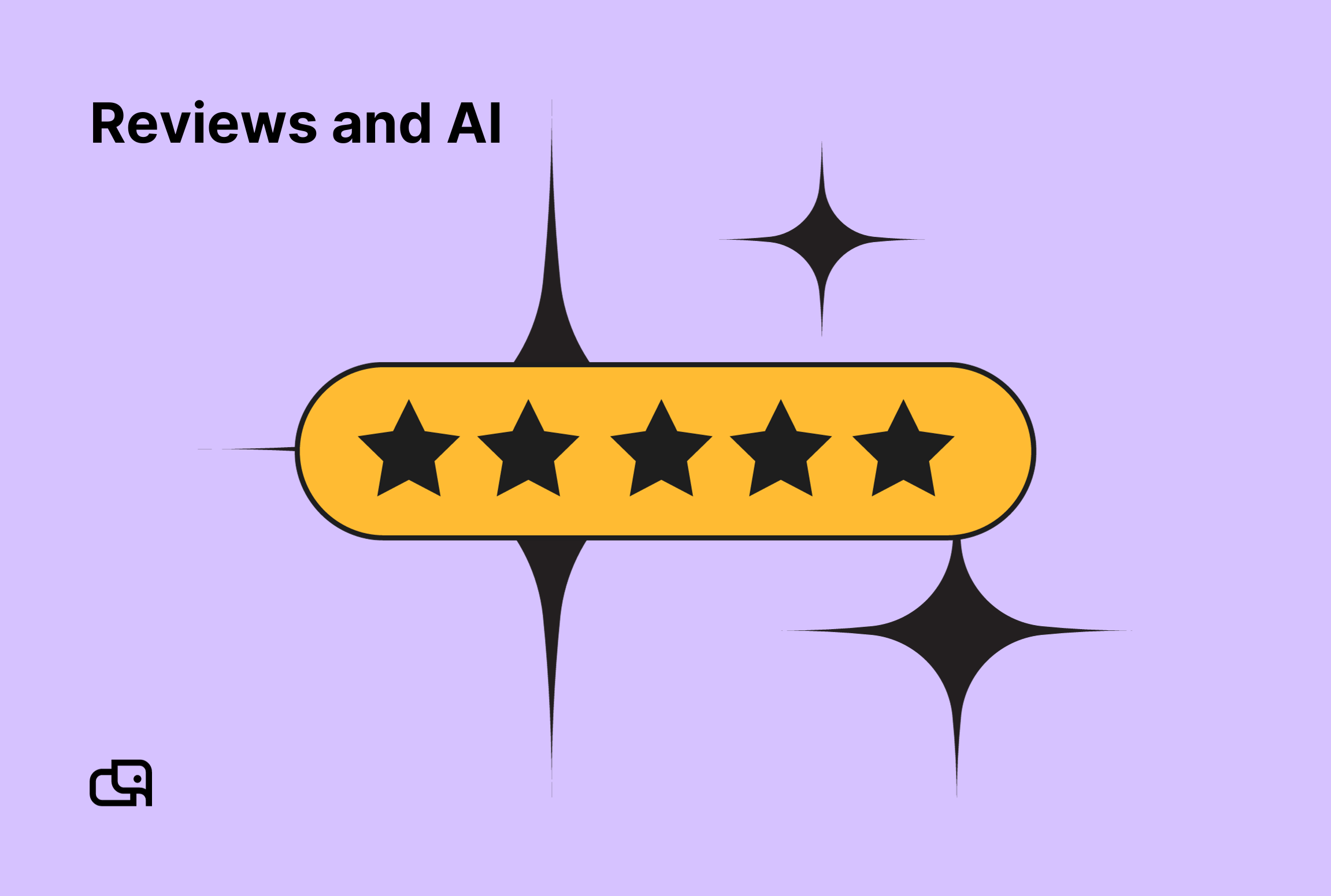How To Analyze App Store Customer Reviews With AI?

In the ever-evolving world of mobile applications, customer reviews play a pivotal role in shaping the success of an app. These reviews provide valuable insights into user experiences, preferences, and pain points. However, manually analyzing these reviews can be a daunting task, especially when dealing with a large volume of data. This is where Artificial Intelligence (AI) comes to the rescue. AI can help developers and businesses analyze app store reviews in a more efficient and effective manner.
Understanding the Importance of Customer Reviews
Before we delve into the how-to of AI analysis, it's crucial to understand why customer reviews are so important. According to a study by Apptentive, 77% of users read at least one review before downloading a free app, and this number jumps to 80% for paid apps. This clearly shows that reviews significantly influence user decisions.
Moreover, reviews are a goldmine of user feedback. They highlight the strengths and weaknesses of your app, helping you identify areas for improvement. In fact, a report by AppFollow suggests that apps that respond to user reviews have a 30% higher rating on average. This underlines the importance of not just collecting reviews, but also analyzing and acting on them.
Leveraging AI for Review Analysis
Artificial Intelligence, with its ability to process and analyze large volumes of data, offers a powerful solution for review analysis. AI can automate the process, saving time and resources, and providing more accurate results. But how exactly does it work? Let's break it down.
Text Analysis
AI uses a technique called Natural Language Processing (NLP) to understand and interpret human language. NLP can identify key themes and sentiments in the reviews, giving you a comprehensive overview of user feedback. For instance, IBM's Watson Tone Analyzer can detect emotions and tones in the text, helping you understand how users feel about your app.
Moreover, AI can categorize reviews based on their content. This allows you to quickly identify common issues or popular features, making it easier to prioritize improvements. According to a study by the University of Illinois, NLP can achieve an accuracy rate of up to 80% in categorizing reviews, significantly higher than manual methods.
Sentiment Analysis
Sentiment analysis, also known as opinion mining, is another key aspect of AI review analysis. It involves determining the sentiment expressed in a review, whether it's positive, negative, or neutral. This can help you gauge overall user satisfaction and identify trends over time.
For example, if you notice a spike in negative reviews after a particular update, it's a clear sign that something went wrong. Conversely, an increase in positive reviews could indicate a successful feature addition. A study by Stanford University found that sentiment analysis algorithms can achieve an accuracy rate of up to 85%, making them a reliable tool for understanding user sentiment.
Implementing AI Review Analysis
Now that we understand the what and why of AI review analysis, let's look at the how. Implementing AI review analysis involves several steps, from data collection to interpretation of results.
Data Collection
The first step is to collect the reviews. This can be done using app store APIs, which allow you to retrieve reviews for your app. It's important to collect reviews from both the Apple App Store and Google Play Store, as user experiences may vary across platforms.
Once you have the reviews, you need to preprocess the data. This involves cleaning the text (removing punctuation, special characters, etc.), converting it to lowercase, and tokenizing it (breaking it down into individual words or tokens). This prepares the data for analysis.
Analysis and Interpretation
Next, you feed the preprocessed data into your AI algorithm. The algorithm will analyze the text, identify key themes and sentiments, and categorize the reviews. This process can take some time, depending on the volume of data and the complexity of the algorithm.
Once the analysis is complete, you need to interpret the results. This involves understanding the key themes and sentiments identified by the AI, and using this information to draw conclusions about user feedback. For example, if a large number of reviews mention a specific issue, it's likely a common problem that needs to be addressed.
Conclusion
AI offers a powerful solution for analyzing app store reviews, providing valuable insights into user feedback. By leveraging AI, developers and businesses can better understand user experiences, identify areas for improvement, and make informed decisions to enhance their app. So, why wait? Start harnessing the power of AI for your app review analysis today!


.png)
